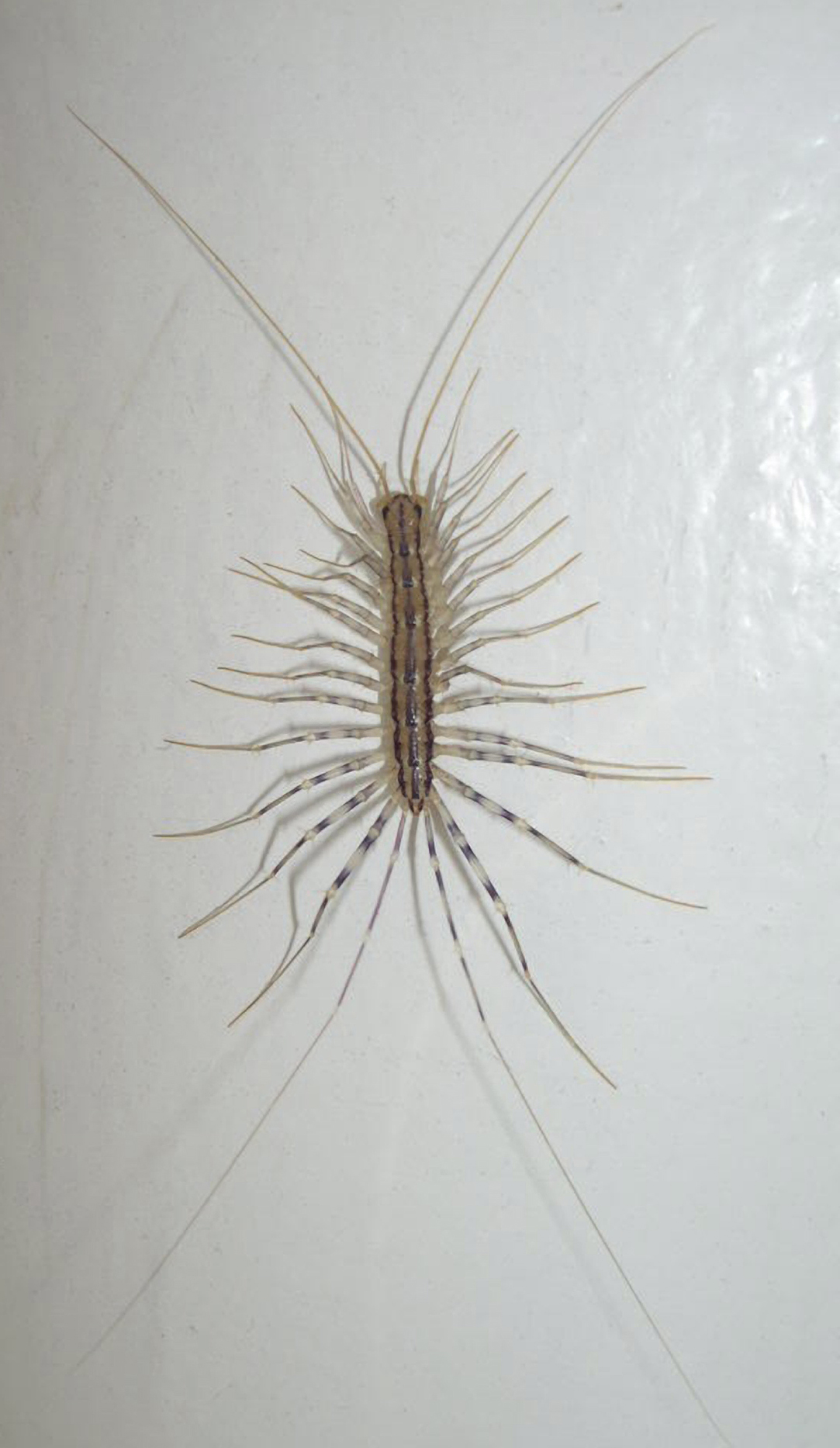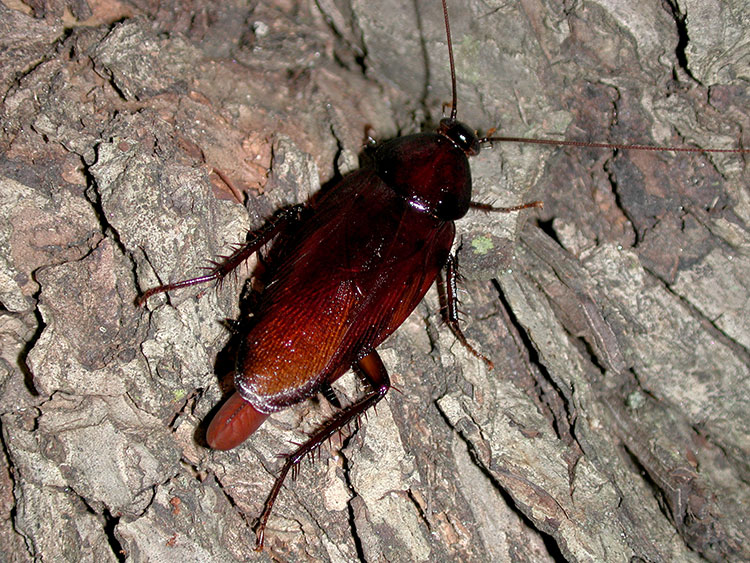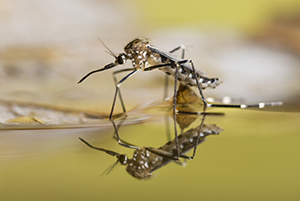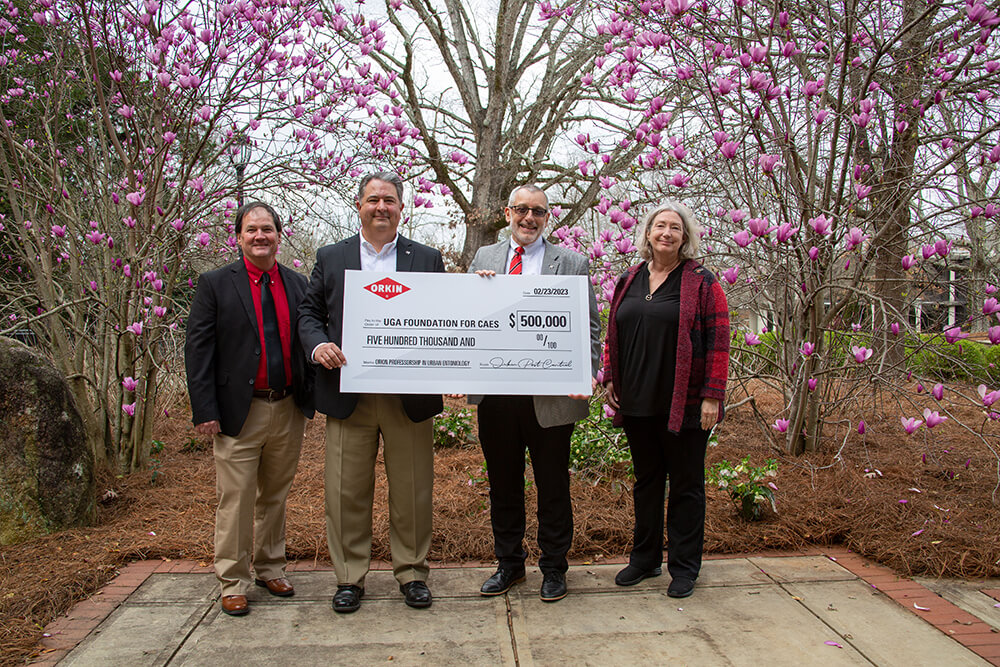
If you don't mind alien-looking creatures skittering around your home, house centipedes are handy things to have around.
They're not nearly as big as they look. A house centipede's body is only an inch long, but its long antennae and 15 pairs of extended, spindly legs make it look much larger. They give it a frilly, rippling look as it moves.
The last two legs are exceptionally long. They look almost like antennae, making it hard to tell the front end from the rear.
Their long legs allow house centipedes to run fast, making them good predators as they pursue cockroaches, silverfish and other household prey. They pounce on an insect, wrapping it in all those long legs, almost like ensnaring it in a net.
All centipedes use poison fangs to subdue their prey, but no one has ever been known to be bitten by a house centipede.
Seldom seen
These centipedes are nocturnal hunters. They hide in dark, damp places during the day and come out at night to catch insects. Because they're so shy, you seldom see them unless they fall into the sink or bathtub and can't get out.
What should you do if you encounter one of these strange creatures skittering around your house? Walk away and leave it alone. It will run and hide.
House centipedes are harmless to you and your family. In fact, they're your allies, providing free pest control.
If you just find it too freaky and don't want it in your home anyway, just cover it with a glass, slip a piece of cardboard underneath it, then take it outside and release it. To keep it from returning, use a dehumidifier to dry out your house. That will make it an inhospitable place to house centipedes.
Despite their name, house centipedes are quite capable of living outdoors. They can be found under logs or rocks or behind rotting tree bark.
Take care of these miniature, invertebrate wonders and they'll help you control your pests.






.jpg)